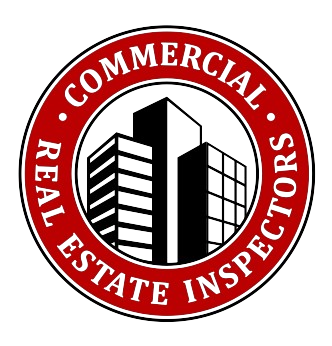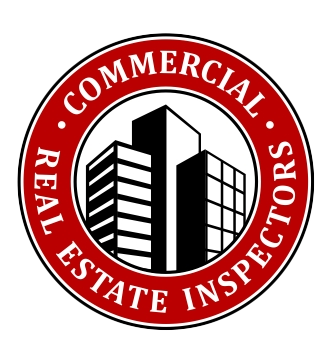Regular Balcony and Deck Inspections Provide Ongoing Safety
Building codes exist to ensure that elements of residential and commercial structures have the proper materials and are structurally sound before occupation. Yet over time, some building structures can deteriorate, necessitating repairs. Balconies are one building element that can pose an extreme danger if they deteriorate to the point that they are not structurally sound, resulting in severe injuries and even death. California SB 721 requires the inspection of balconies every six years to ensure the safety of building occupants who use the structures.
Commercial Real Estate Inspectors, LLC, provides comprehensive inspection of balconies as required by SB 721. With more than 60 years of combined experience, our inspection staff will thoroughly inspect all balcony and deck elements to ensure your structure complies with state requirements. Contact us today at 818-957-4654 to schedule your safety inspection.
What Prompted the Passage of SB 721?
Even though state and municipal codes have made buildings safer over the past century, they don't require additional steps to ensure the structures remain safe. Balconies are among the structures that cause several thousand injuries each year.
The Berkeley balcony collapse in 2015, which killed six and injured seven, prompted California legislators to pass the state's balcony inspection bill. In the ensuing inquiry, experts determined that the balcony had improper waterproofing, causing dry rot to form in its frame. The building manager was aware of the problem but had delayed maintenance. Although the problem with the structure was extremely specific and not likely to occur in most other structures, the incident pointed out the need for regular inspections.ly
When Inspections Must Occur
California's law went into effect on January 1, 2019. Owners of multifamily apartment buildings with three or more units and two or more stories must complete the initial inspection before January 1, 2025. The bill covers triplexes, fourplexes and quad-rental units. SB 326 is a similar but separate bill covering condominiums managed by homeowners' associations. Once inspections occur, owners must continue to schedule the inspections every six years.
Inspection Elements
Each inspection will cover structural integrity, flashings and waterproofing on building elements at least six feet above the ground. These include walkways, landings, stairways and railings, in addition to balconies and decks. For larger buildings, only 15% of these structures need an inspection to provide a representative sample of structural integrity.
Inspection elements involve the following:
- Evaluating the condition, adequacy and performance of various structural elements
- Looking for unintended water intrusion resulting in dry rot or structural compromise
- Evaluating deck metal edging, wall and transition flashing for rush, corrosion and adhesion of waterproofing materials
- Evaluating deck coating for conditions that compromise waterproof integrity
- Inspecting framing like joists, beams and posts for damage
Inspectors Must Issue Reports
Individuals qualified to inspect balconies and decks under California law are licensed architects, civil or structural engineers, or building contractors holding B General Contractor or C5 Framing licenses. Contractors who perform the inspection cannot conduct any recommended repairs.
Inspectors must issue a report of their findings with accompanying photos that document the conditions of building elements. The reports and photos will become part of historical records that inspectors can use as a baseline for future inspections. Inspectors must report hazardous conditions that impose a safety threat to local building officials. After inspection, property owners and managers must keep the inspection reports for at least 12 years or two inspection cycles. If you sell the building, you must make the reports available to the buyer.
What if the Inspection Uncovers Required Repairs?
Building owners will have 15 to 120 days to obtain a building permit and address necessary repairs. The more severe the issue, the sooner you must complete repairs. For non-emergency issues, building owners have 120 days to apply for permits. Once the permit is approved, repairs must be made within 120 days.
Inspectors must notify local authorities if a building owner doesn't comply with repair requirements within 180 days. Owners can receive a civil penalty of up to $500 per day for non-compliance if repairs aren't completed within 30 days of the notice. A building safety lien may also be placed on the property.
Make Sure Your Building's Balconies are Safe by Scheduling an Inspection
As a building owner, you still have time to comply with California state law. Schedule your balcony or deck inspection with Commercial Real Estate Inspectors to ensure your tenants remain safe. Our experienced staff is fully qualified to check your property and issue the necessary reports. Contact us today at 818-957-4654 to schedule your inspection.


